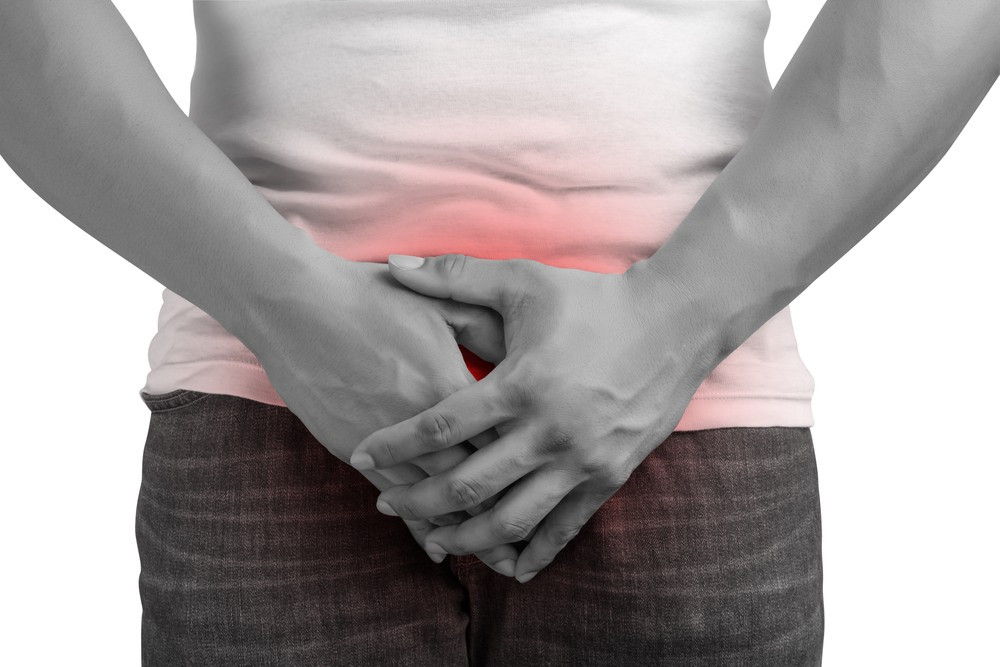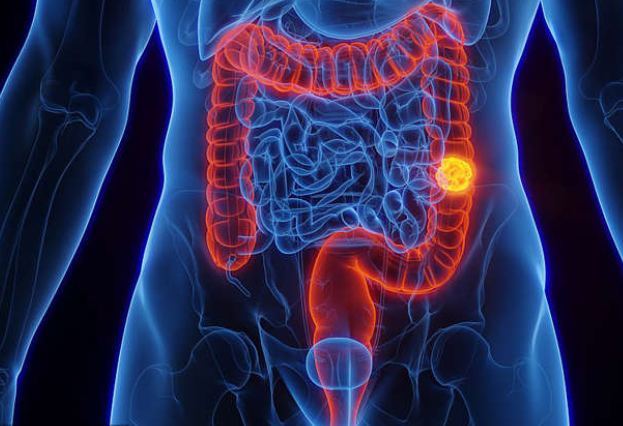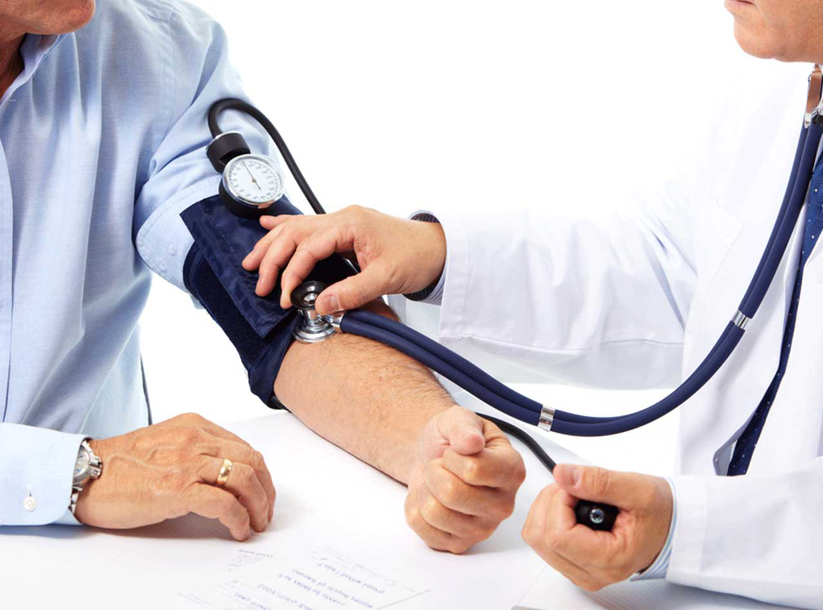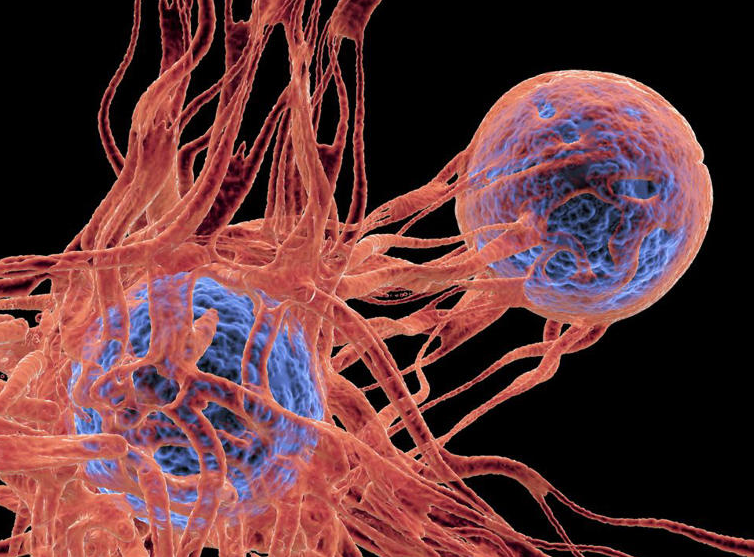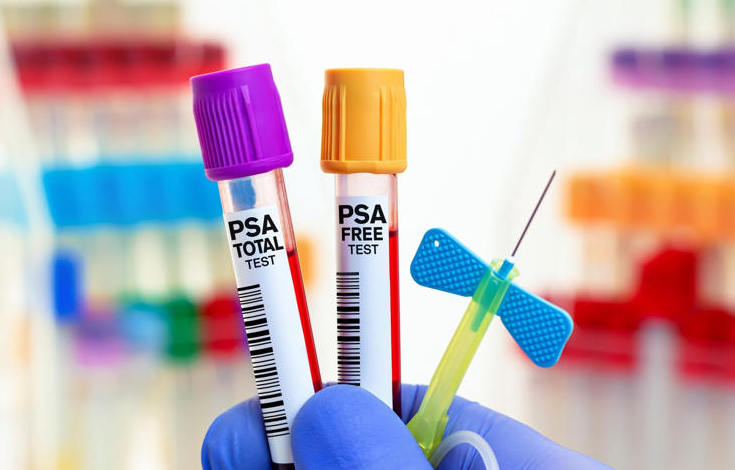Brian McLaren, 76, from Warwickshire, knew there was something wrong when he kept getting urinary tract infections and the need to get up in the night to pee had gone from a couple of times to eight or nine times a night. “Initially I just thought traipsing back and forth to the bathroom was an annoying part of ageing. But the urgency and discomfort during urination and the exhaustion from getting up so frequently in the night meant it was really affecting my quality of life.
“It was affecting what I did in the daytime too, as I was always having to stop for a toilet break. After three urinary tract infections – a common sign of an enlarged prostate – and an initial examination by my GP, I had an appointment with a urologist at Warwick Hospital who, after further examination and a few tests, confirmed the enlarged prostate diagnosis”.
What is a benign prostate enlargement?
Also known as benign prostate hyperplasia or BPH, prostate enlargement is a non-cancerous enlargement of the prostate gland, which is normally about the shape and size of a walnut and surrounds the urethra (the tube that carries urine out of the body), and it tends to get bigger as you get older. According to the Urology Foundation it is estimated that, like Brian, up to three million men in the UK have lower urinary tract symptoms associated with BPH. While the condition is uncommon in younger men, about 1 in 3 men over the age of 50 has urinary symptoms and the most common of these is an enlarged prostate.
What are the symptoms?
Not everyone with an enlarged prostate gets symptoms. But as the prostate grows, it can press on the outside of the urethra, causing the urethra to become narrow. This can slow down or sometimes even stop the flow of urine when you try to urinate. Alternatively, as well as increasing frequency and urgency of urination, symptoms can include difficulty starting or stopping, straining when peeing, feeling unable to empty the bladder and prolonged dribbling after peeing.
So what does it feel like?
You may experience the feeling that your bladder is full, even after urination. Pain and urgency during urination can also be symptoms. Some men experience incontinence.
How is it diagnosed?
There are several different tests to find out if you have an enlarged prostate. Your GP may conduct a rectal examination and order a blood test to check that your kidneys are working properly. They may also advise you to have a prostate-specific antigen (PSA) blood test, as well as a urine test, to see if you have diabetes or an infection. Some tests may be needed to rule out other conditions that cause similar symptoms to BPE, such as prostate cancer.
What are the treatments?
There are a number of medications that can help, including alpha blockers that relax the muscle in your prostate gland and 5-alpha reductase inhibitors which shrink the prostate gland if it’s enlarged. In severe cases around 18,000 men a year have surgery such as TURP (transurethral resection of the prostate), which involves removing part of the prostate gland.
Many men put up with symptoms for decades rather than seek invasive treatment that can have side effects. One newish option is Rezum – a 20-minute treatment which involves injecting an enlarged prostate with jets of steam, killing enough prostate tissue to shrink the enlarged gland – which is now a recommended treatment for BPH on the NHS, although its routine availability depends on your NHS trust and the treatments they decide to offer. It is also available privately.
What should you do if you have symptoms?
“Speak to your GP if you notice any change in urinary symptoms. BPH is a benign condition caused by an overgrowth of tissue, but it’s important to get it diagnosed, as there can be other causes of urinary changes,” says Meg Burgess, specialist nurse at Prostate Cancer UK.
What are routine check-ups for the prostate?
If you are over 50, you can ask a GP for a PSA test (a blood test to help detect prostate cancer). If you have an increased risk of prostate cancer, it’s advisable to have regular tests every few years to spot any changes in your PSA level.
How is an enlarged prostate linked to prostate cancer?
“The two conditions are unconnected, although both can exist in a patient at the same time,” says Burgess. “A number of medical conditions are linked to urinary symptoms, and during medical assessment a test could potentially show up prostate cancer – but that doesn’t mean the two conditions are linked. In fact prostate cancer generally doesn’t have any symptoms, so if you notice urinary changes, they are more likely to be caused by an enlarged prostate.”
For Brian, surgery was recommended. “While not a pleasant procedure, thanks to the successful TURP I underwent, the condition is now stabilised and I’m peeing less frequently. I’m getting a good night’s sleep again”.
Source: The Telegraph
About 1 in 3 men over the age of 50 has urinary symptoms and the most common of these is an enlarged prostate.
